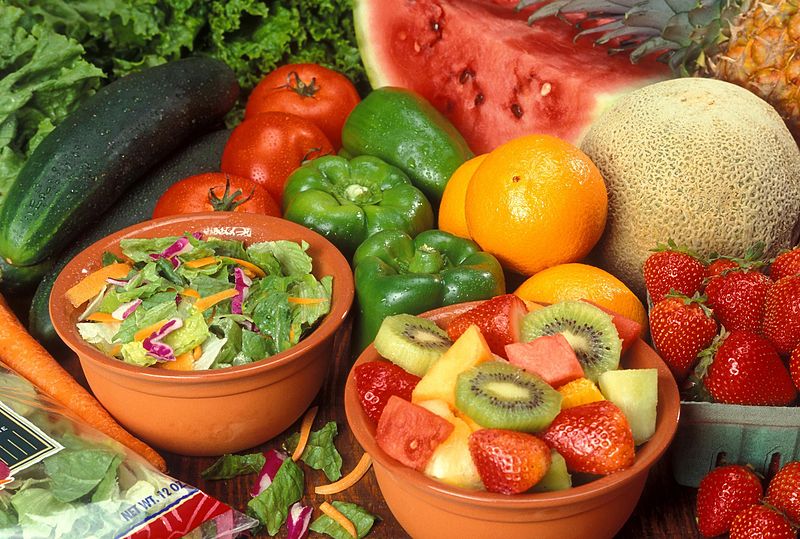
Different Food Groups
Food is one of the most important parts of our day and we need it to survive, but did you know there are lots of different food groups and we need to eat food from all of them to stay healthy?
Carbohydrates
Carbohydrates have got a bad rep., but actually, they are vitally important to staying healthy and found in a huge number of foods. They’re a macronutrient, meaning we need a large portion in our daily diets to sustain a healthy body.
Carbs provide the body with energy by making glucose; your number one source of energy. Glucose can be used right away or stored for when it is needed later (like when you’re sleeping). Ideally, you want to eat carbohydrates that release energy slowly, so you don’t get energy highs or lows.
Good sources of carbohydrates
- Oatmeal
- Brown rice
- Sweet potatoes
- Beans and lentils
- Butternut squash
Protein
Protein is responsible for building and repairing nearly all cells in your body from muscles to bones, skin to blood. We need it to make hormones, enzymes and other body chemicals important to maintaining mood and weight. It is present in every single cell in the body – our hair, teeth and nails are nearly 100% protein.
Protein is another macronutrient, but our bodies are unable to store it meaning that we have to eat it in large quantities every day.
Good sources of protein
- Nuts and seeds, especially almonds
- Eggs
- Soya
- Beans and pulses
- Broccoli
Lipids (fat)
Lipids, also known as fat, are much like protein and carbohydrates in that they help create hormones and create energy and they are an essential part of your diet, but having too much can cause you to store them as excess fat.
We need the energy from lipids as well as carbohydrates because it is a higher concentration and will enable our bodies to be more efficient. Most of the energy we use in our brains or muscles come from fats. Fat is also important as a layer of insulation helps to regulate our body temperatures and protect our organs. It essential in the absorption of nutrients in the digestive system and helps to keep the cell walls throughout your body strong and healthy.
Good sources of fat
- Avocados
- Eggs
- Dark chocolate
- Nuts
- Chia seeds
Fibre
Fibre is the indigestible part of plant foods that aid with digestion. Without fibre, we would be constipated and unable to digest or absorb any of the other food we eat. There are 3 main types;
Soluble fibre (SF) slows our stomachs down meaning we stay fuller for longer.
Insoluble fibre (IF) helps support regular bowel movements by absorbing water.
Resistant starch (RI) is not absorbed in the small intestines but instead goes to the larger bowl and helps promote good bacteria.
Good sources of fibre
- legumes (SF)
- Nuts (IF)
- Bananas (RS)
- Fruit
- Brown rice
Water
Water is used in the body in everything it does. In fact, we are mostly water and we know if we’re lacking in it very quickly. Dehydration is a serious condition and can be fatal. The brain is 85% water and a decrease by just 1% can lead to a decrease in mental performance.
Signs of dehydration
- A headache
- Dizziness
- Poor concentration
- Memory loss
- Organ failure
Adults need 2-3 litres of water a day to stay healthy.
Vitamins and Minerals
Vitamins and minerals are absolutely crucial to surviving. They support every part of our bodies from the tops of our heads to the tips of our toes and everything in between. We literally could not survive without them, even though we only need tiny amounts every day!
Why not take a look at our FREE resources to find out where to get all your vitamins and minerals?